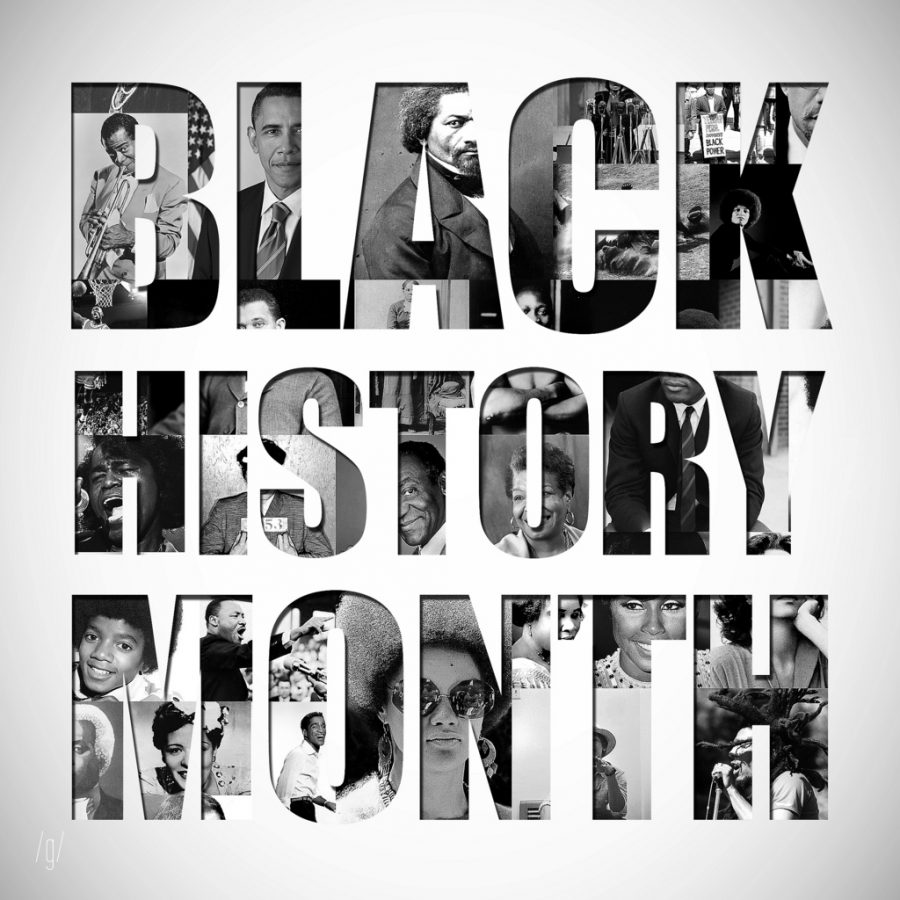Backstory on Black History Month and Why It Should Be Celebrated Year-Round
February 14, 2018
Every year, Black History Month is held from February 1st to February 28th. This 28-day celebration is a time to recognize achievements by and the central roles of African Americans in U.S. history.
The event grew out of “Negro History Week,” the brainchild of noted historian Carter G. Woodson and other prominent African Americans. Since 1976, every U.S. president has officially designated the month of February as Black History Month. Other countries around the world, including Canada and the United Kingdom, also devote a month to celebrating black history.
The story of Black History Month begins in 1915, half a century after the Thirteenth Amendment abolished slavery in the United States. That September, the Harvard-trained historian Carter G. Woodson and the prominent minister Jesse E. Moorland founded the Association for the Study of Negro Life and History (ASNLH), an organization dedicated to researching and promoting achievements by black Americans and other people of African descent. Known today as the Association for the Study of African American Life and History (ASALH), the group sponsored a national Negro History week in 1926, choosing the second week of February to coincide with the birthdays of Abraham Lincoln and Frederick Douglass.
The event inspired schools and communities nationwide to organize local celebrations, establish history clubs and host performances and lectures. In the decades that followed, mayors of cities across the country began issuing yearly proclamations recognizing Negro History Week.
By the late 1960s, thanks in part to the civil rights movement and a growing awareness of black identity, Negro History Week had evolved into Black History Month on many college campuses. President Gerald Ford officially recognized Black History Month in 1976, calling upon the public to “seize the opportunity to honor the too-often neglected accomplishments of black Americans in every area of endeavor throughout our history.”
I personally think Black History warrants a year-round celebration instead of just an annual monthly celebration. Traditionally, schools make a deliberate effort to highlight the achievement and accomplishments of African Americans in the month of February. But why not highlight that one a regular basis? “Normal” history is taught throughout the school year in big history textbooks; out of all those pages, there are only a few chapters that briefly discuss African American history.
In some schools, there are history courses that focus specifically on the history of African Americans, but many schools don’t have it. I think schools should provide a historical perspective which will serve to enhance the culture. There are black people who have fought for equal rights and stood for what they believed. They deserve to be appreciated and honored regularly, not sporadically. In order to show my appreciation for black history, I’ve decided to do monthly features for The Raider Review on people who have contributed and have had a strong impact on black history. Spread the word.




